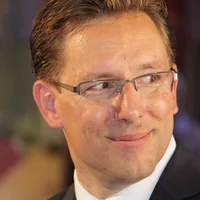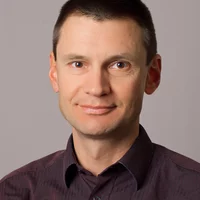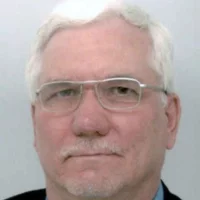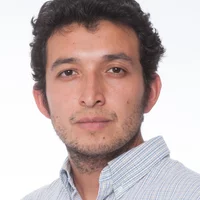Following an integrative and transdisciplinary approach, th ETH Domain has established a Center of Excellence covering the complete net-zero topical scope. This center builds on the tremendous expertise of the four research institutes of the ETH Domain (PSI, Empa, WSL & Eawag) and includes experts from ETH Zurich and EPFL. The Center of Excellence offers an inter-institutional collaboration framework. It combines bottom-up organization with top-down strategic guidance, shared goals, and targeted communication with stakeholders for maximal impact.
SCENE aims to pursue holistic research in six action areas:
- Biomass carbon cycle
We demonstrate optimization pathways of forest and landscape management, the utilization of woody biomass, and substitution effects to mitigate climate change.
- Technical carbon capture, utilization and sequestration
We establish a sustainable energy supply chain with negative CO2 emissions, enabling global transport, large-scale seasonal storage, and carbon sequestration in Switzerland using existing infrastructure.
- Efficient technical cycles
We support the decarbonization of the construction sector (30% of Swiss emissions) by providing decision-making tools and strategies, including design for disassembly and materials/component reuse, to building authorities and designers, enabling a carbon-neutral, circular infrastructure by 2050.
- Flexible low-carbon energy systems
We unlock the flexibility potentials of the Swiss energy system to ensure supply security and social acceptance in a renewable-based future, supporting decision makers with energy investments.
- Greenhouse gases & climate
We create a publicly-accessible interactive platform with information about integrated greenhouse gas mitigation scenarios towards net-zero, overarching sustainability implications, and related air quality evolution.
The contribution of PSI’s technology assessment group focuses on two tasks:
Firstly, developing a carbon accounting framework for woody biomass and timber products and their potential substitution effects. To this end, a time-explicit LCA model is built to assess the opportunity costs of various forest inventory and wood utilisation scenarios. This time-explicit analysis (both dynamic and prospective) accounts for a decarbonising economy and potential temporary storage of biogenic carbon. The figure below illustrates the holistic and comprehensive workflow of the time-explicit LCA performed in the scope of the biomass carbon cycle action area.
Secondly, following the Impact Pathway Approach, including life cycle contributions from prospective analysis (as illustrated in the figure below), we identify emissions and estimate pollutant dispersion and transformation in the atmosphere. We then assess their impacts on health (e.g., respiratory and cardiovascular diseases) and the environment (e.g., ecosystems and agriculture). Finally, these impacts are converted into economic terms. By integrating these external cost assessments with the energy system cost analysis, we estimate the total costs while accounting for potential co-benefits of achieving net-zero emissions in Switzerland.
Project details
Duration: 2023-2025
Funding:
- ETH Board
Partners:
- PSI
- EMPA
- WSL
- Eawag
- ETH Zurich
- EPFL






